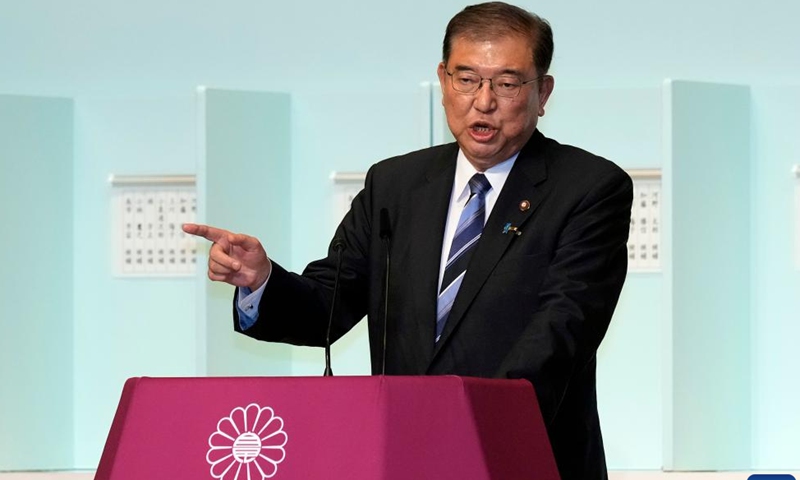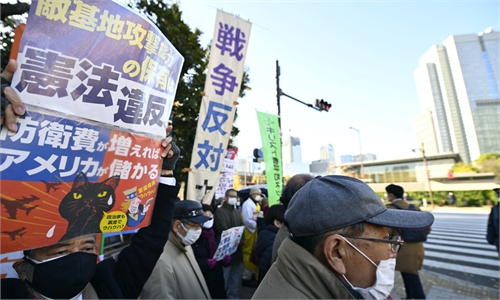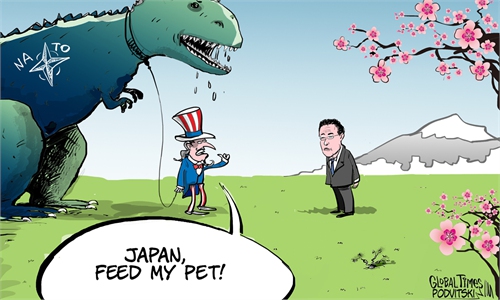Ishiba elected as new leader of Japan’s ruling party; Chinese Foreign Ministry declines comment on Japan’s internal affairs

Shigeru Ishiba speaks before a runoff election at the Liberal Democratic Party's (LDP) leadership election in Tokyo, Japan, Sept. 27, 2024. (Hiro Komae/Pool via Xinhua)
Former Japanese defense minister Shigeru Ishiba was elected as the new leader of Japan's ruling Liberal Democratic Party (LDP) on Friday and is expected to become the country's next prime minister. On Friday, Chinese Foreign Ministry spokesperson Lin Jian said at a routine daily press conference in response to Ishiba's victory that China has noted the election results but emphasized that it is Japan's internal matter, and China does not comment on it.Lin stressed that the long-term, healthy, and stable development of China-Japan relations aligns with the fundamental interests of both nations and is the only correct choice.
Chinese analysts believe that the extent to which Ishiba can handle the complicated China-Japan relations remains in question. Ishiba, as a politician with experience in agriculture, national defense and security, is likely to be more pragmatic in managing ties with China, but he also supports strengthening the alliance with the US in the region to contain China during his term as the defense minister of Japan, experts noted.
Compared to his two main rivals in the election, who have a more conservative and right-wing stance toward China, Ishiba is seen as more sophisticated, observers said, suggesting this may lead him to adopt a more pragmatic approach.
But during his campaign, Ishiba reportedly advocated for the creation of an "Asian NATO," a stance that could pose challenges not only to China-Japan relations but also to regional peace and stability, Lü Chao, a research fellow on Northeast Asia studies at the Liaoning Academy of Social Sciences, told the Global Times on Friday.
According to the report by Japanese media Asahi Shimbun on September 11, Ishiba expressed his desire to create an "Asian version of NATO" and bring equality to the Japan-US Status of Forces Agreement. However, according to Nikkei Asia on September 17, his idea met with a "cold reception" in the US.
Chinese analysts are being cautious in predicting if Ishiba would bring significant changes to Japan. Ishiba faces challenges in winning support within the LDP, so observers said it's still too early to determine how many changes he could implement in Japan and its relations with other countries.
"Considering the current political landscape and ecology of Japan, the change of the LDP leader is merely the latest iteration of the decades-long recurring 'rotating leadership' pattern, and it is unlikely to bring about genuine transformation in Japan. If the new leader cannot drive Japan's political self-correction and reform with a long-term strategic vision, Japan will ultimately lose its development direction," said Xiang Haoyu, a specially appointed research fellow in the Department for Asia-Pacific Studies, China Institute of International Studies.
Lü echoed this sentiment, noting that Ishiba, who has tried five times to run for election of the country's leader, lacks internal support from the Japanese parliament and although he wins the election, he will still need to secure more sustainable supports from the major factions within the LDP.




